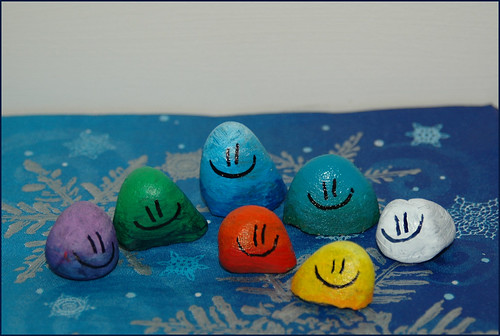"You have been selected as the Director of a newly endowed research institute. It is your job to decide where the institute will be based, its codes of conduct, its structure, and who you will hire. Dream away! Tell us what would make your institute a haven for scientists."
 |
| Photo by Glisglis |
Location:
- Based in warm climate with fantastic public transportation and great restaurants.
People:
- Nice, smart, and passionate about science.
Facilities:
- On-site chef
- On-site, high-quality childcare with enough space for all employees
- Lots of green space (trees, shrubbery, etc), flowers, parks, benches, hiking trails, maybe a pond or two
Funding:
- Researchers never have to worry about funding or making a profit.
- Funds are always available to buy cool research toys, the caveat being that you need to make sure at least two other colleagues have played with your toy.
- Funding is always available to travel to conferences, even if you don't have a paper accepted.
Administration:
- Fantastic, friendly, helpful administrative support whom are well paid and well treated.
- When reimbursing travel/equipment, no one is allowed to make a fuss over anything less than $50. Ever.
Work environment:
- Slacking is encouraged, in order to generate brilliant ideas. No one is allowed to feel guilty (or make others feel guilty) for sitting in the park reading a fiction novel, playing sports, going for a swim in the pond, or chatting with others.
Our motto: Great ideas and great work come from treating people well.






